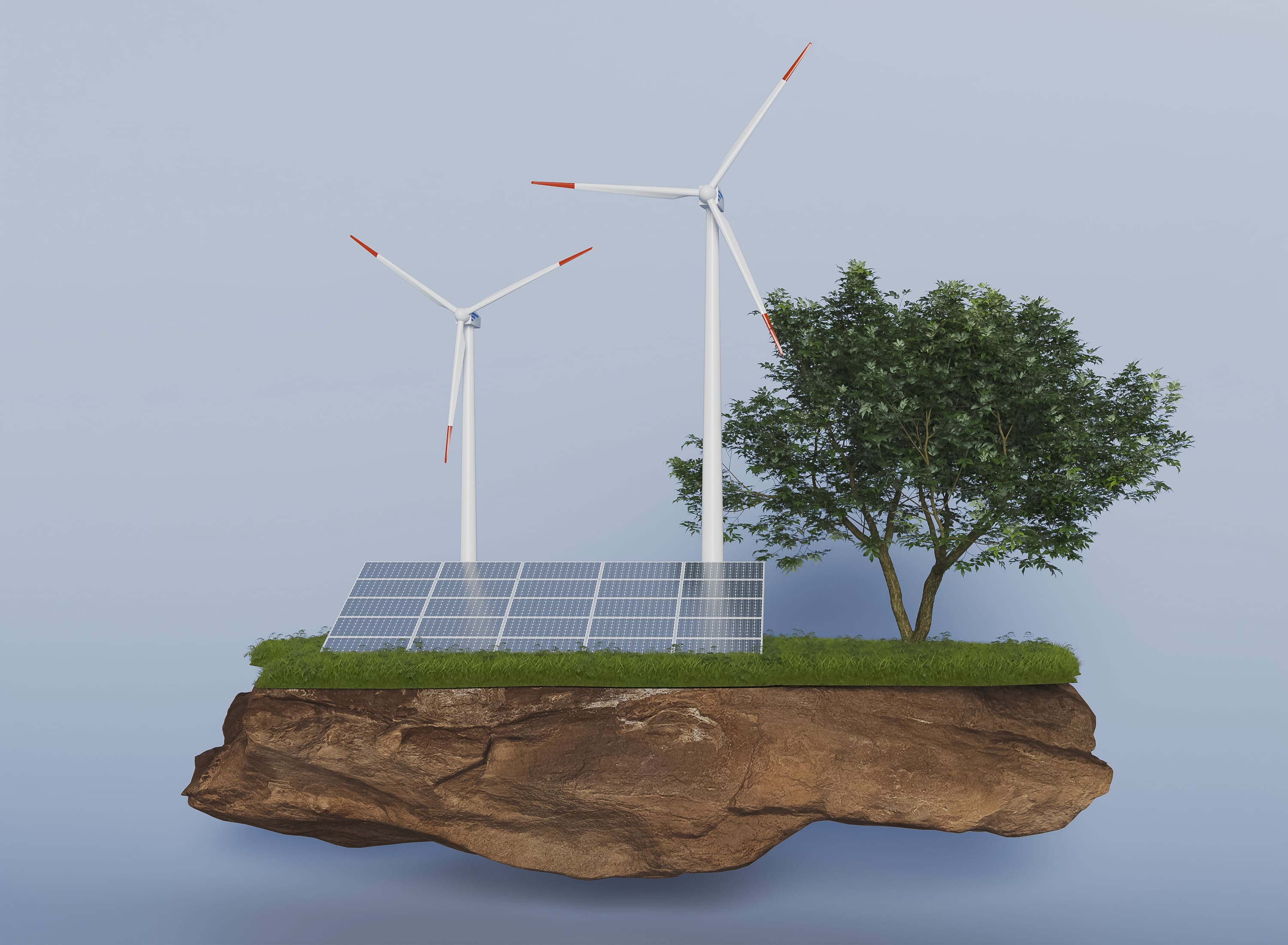It might sound a bit unusual to suggest exporting solar or wind energy. After all, how do you even do that? While cross-border energy sharing has been happening within Africa – think Kenya, Uganda, Tanzania, and Ethiopia trading power across borders – the idea of shipping renewable energy overseas to far-flung countries might seem a bit far-fetched. However, there are viable pathways through which Africa can export these natural and infinite resources.
Exporting Energy Overseas: The Hydrogen Option
In the ever-evolving realm of clean energy, one remarkable contender is taking center stage: green hydrogen. This superpower energy source is not just clean but incredibly versatile, holding the potential to reshape the global energy landscape. While the journey to make it a mainstream energy source has been marked by challenges, including issues of stability, production costs, and resource requirements, the promise of a breakthrough in cost-efficiency could pave the way for Africa to reap substantial benefits. This transformation would not only revolutionize Africa’s energy sector but also position the continent as a significant player in the global arena of clean, sustainable power.
The continent, blessed with abundant renewable energy resources, including a generous helping of sunlight, relentless winds, and hydro power, forms the foundation of this export dream.
Through the process of electrolysis, surplus renewable electricity can be transformed into hydrogen, opening up avenues for long-distance energy transportation. This green hydrogen can then be used in various applications, from electricity generation to industrial processes, expanding the customer base for African clean energy and supporting the continent’s environmental and economic goals.
Undersea Cables: Creating an Energy Highway
Undersea electricity cables, also known as high-voltage direct current (HVDC) cables, can offer a solution to exporting excess energy. These specialized cables have the capability to transmit large amounts of electricity across vast distances, even under the sea. This technology unlocks the potential for energy exportation, allowing Africa to send its surplus electricity to distant markets, thereby creating a new energy highway.
Australia, a key player in energy production, is also looking into HVDC cables as part of its transition to renewable energy. This forward-thinking strategy aims to maintain its prominent position in the energy sector. Africa, with its vast renewable energy resources, can collaborate and invest in HVDC cable technology. Such an approach would not only diversify energy markets but also ensure economic stability and provide additional revenue sources for African nations. Importantly, it would contribute to global climate goals by facilitating the export of clean energy.
Benefits of Exploring Renewable Energy Export
The exploration of renewable energy export would offer a multitude of advantages. Firstly, it would bolster energy security by diversifying energy sources and markets, reducing reliance on fossil fuels and enhancing grid reliability. Economically, it would promote job creation, attract foreign investments, and stimulate economic growth through the development of renewable energy infrastructure. Additionally, renewable energy export aligns with global climate goals by reducing greenhouse gas emissions, advancing sustainable development, and underscoring Africa’s commitment to environmental stewardship. Furthermore, it would foster international collaboration, strengthen diplomatic ties, and position Africa as a key player in the global transition to clean, sustainable energy solutions. Ultimately, exploring the exportation of renewable energy would place Africa on the path to becoming a clean energy powerhouse, providing economic, environmental, and strategic benefits to the continent and the world at large.
The Crucial Role of Research and Development in Pioneering Innovative Energy Solutions
Africa’s potential in the production of renewable energy is nothing short of extraordinary. With its vast and diverse natural energy resources, the continent is uniquely positioned to harness the power of the sun, wind, water, and more. The benefits of this energy wealth cannot be overstated, promising economic growth, energy security, and significant strides towards environmental sustainability. However, to fully tap into this unique value, Africa must invest heavily in research and development (R&D).
This means fostering a culture of innovation, providing financial support for pioneering projects, and actively collaborating with global partners in the energy sector. Such initiatives can lead to innovations that solve challenges specific to the African context, such as improving energy storage solutions for areas with irregular power grids or developing off-grid energy solutions to reach remote communities.
In conclusion, Africa’s renewable energy potential is not just a source of power; it is a wellspring of opportunity. By embracing the spirit of innovation, cultivating research and development, and fostering collaboration on a global scale, Africa can harness its unique value to secure its place as a leader in the renewable energy revolution.
Image by <a href=”https://www.freepik.com/free-photo/3d-windmill-project-saving-energy_13328751.htm#query=renewable%20energy&position=8&from_view=search&track=ais”>Freepik</a>



